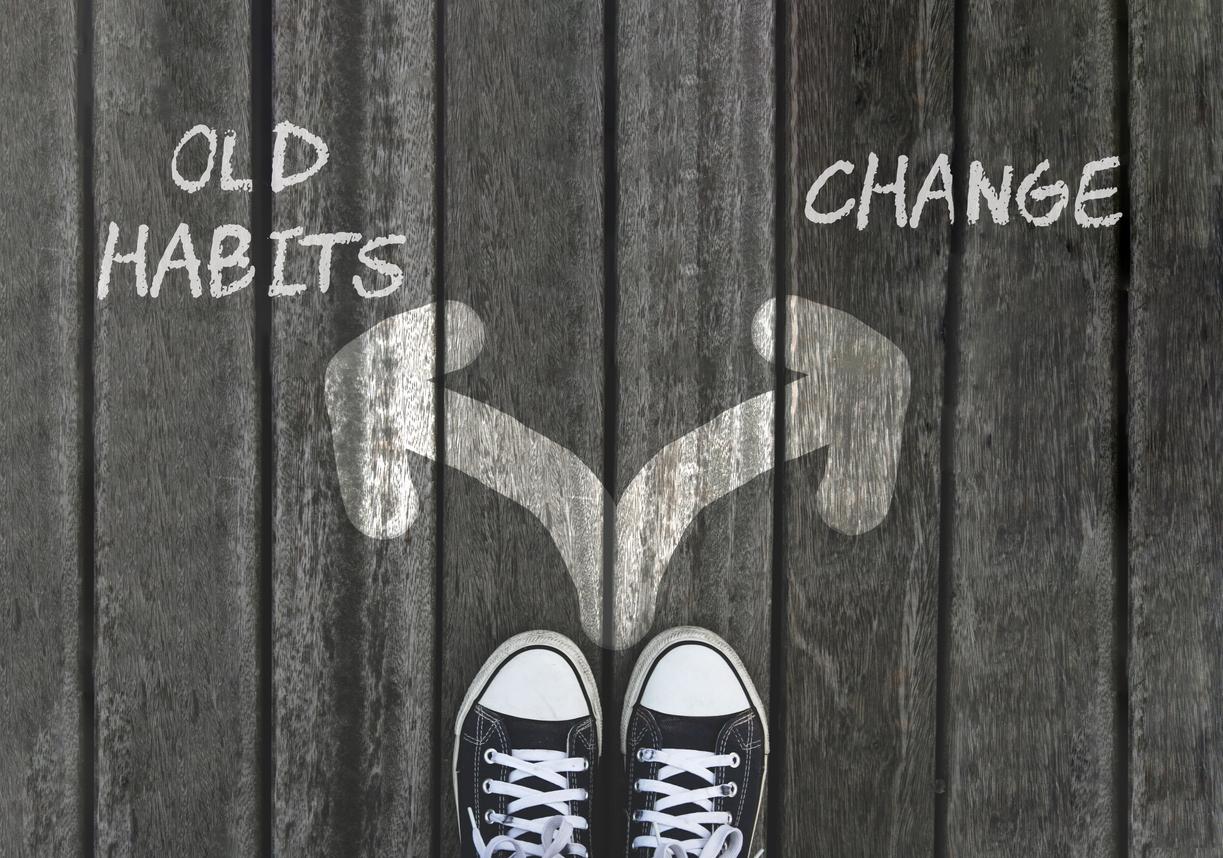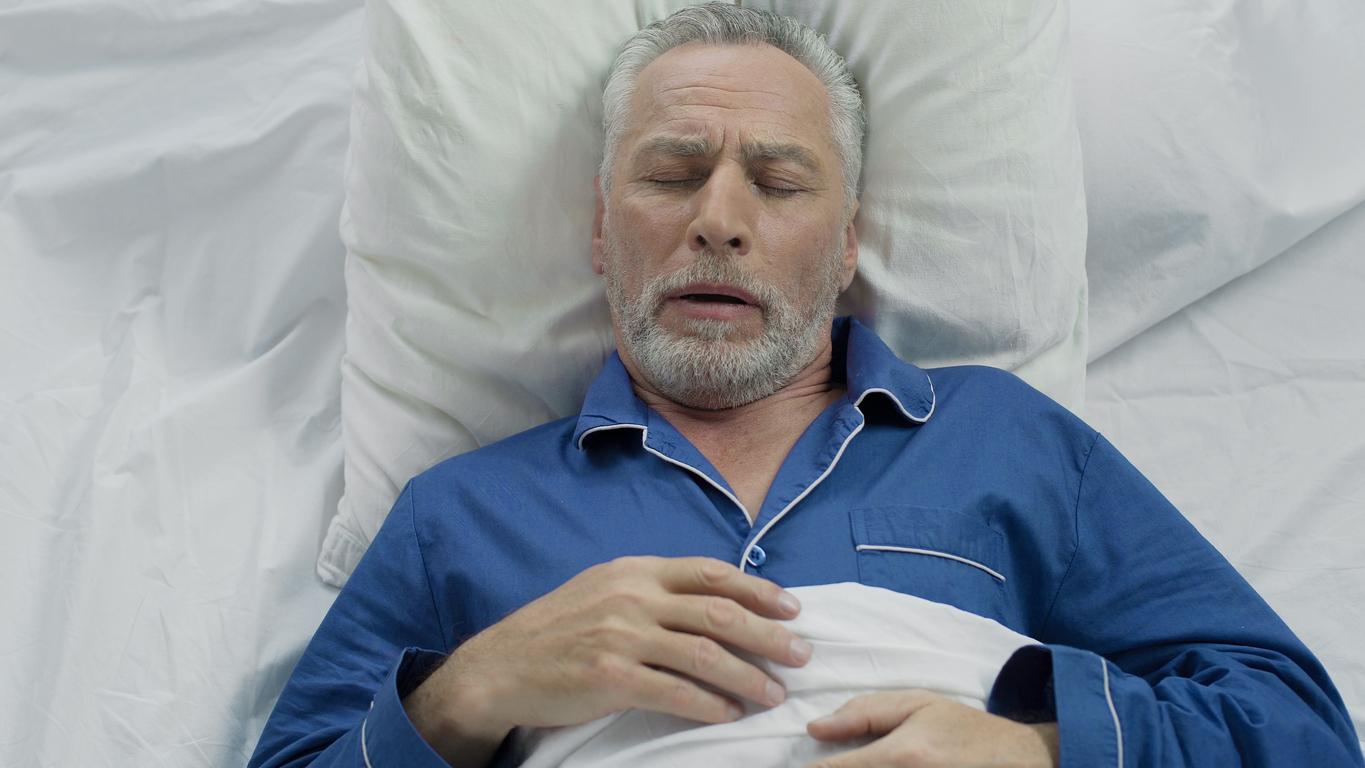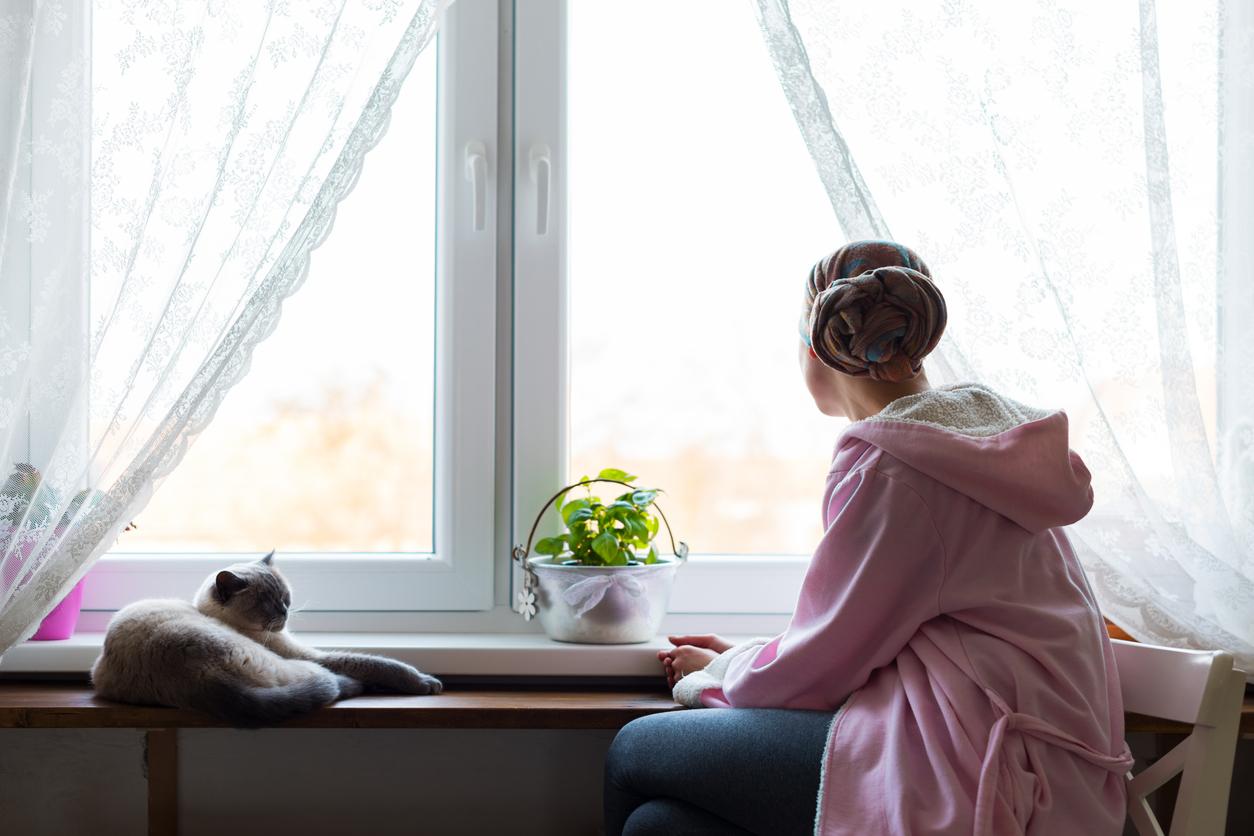For the new year, you have prepared a list of good resolutions: spend less money on shopping, resume sport, quit smoking … These projects could well be seriously damaged by a state of pronounced fatigue.
Richard Wiseman, a psychologist at the University of Hertfordshire, UK recommends a minimum of 7 hours of sleep a night if you want to keep your resolutions.
After interviewing a panel of 1,000 adults about their sleep and their ability to stick to their resolutions, the specialist came to the conclusion that the lack of sleep overcame the will and motivation to make changes. In fact, 60% of respondents who slept an average of eight hours a night managed to keep their resolutions, against 44% of small and bad sleepers.
Unsurprisingly, lack of sleep and accumulated fatigue caused participants to do the opposite of their resolutions, such as snacking on sweets instead of going to exercise.
In the morning in bed, the gym in the evening
Maintaining self-control and persevering in decisions such as dieting, therefore, requires a good night’s sleep. The psychologist also recommends staying longer in bed rather than forcing yourself to play sports in the morning. Instead, he recommends booking a gym slot at the end of the day. “The brain needs energy to do something that we don’t really want or can hardly do. However, if we are sleep deprived, we do not have enough energy. People who decide to go to the gym in the morning, for example, end up giving up because getting up early to exercise deprives them of sleep.
Bad sleepers are warned: finding a good sleep is ultimately the first resolution to be satisfied if we want to ensure all the others.
>> To read also: lack of sleep increases the risk of falling ill
Lack of sleep, a source of many health hazards

















